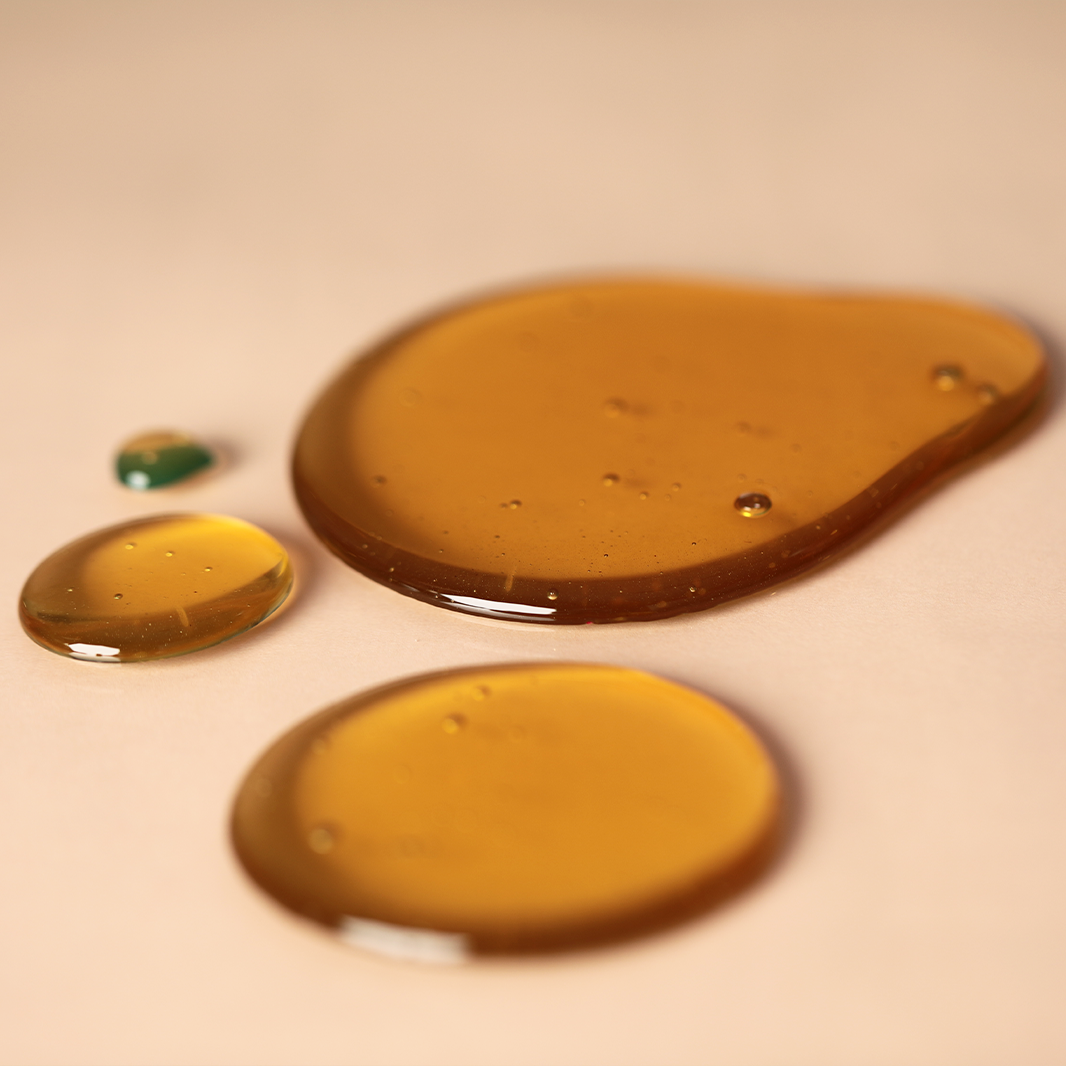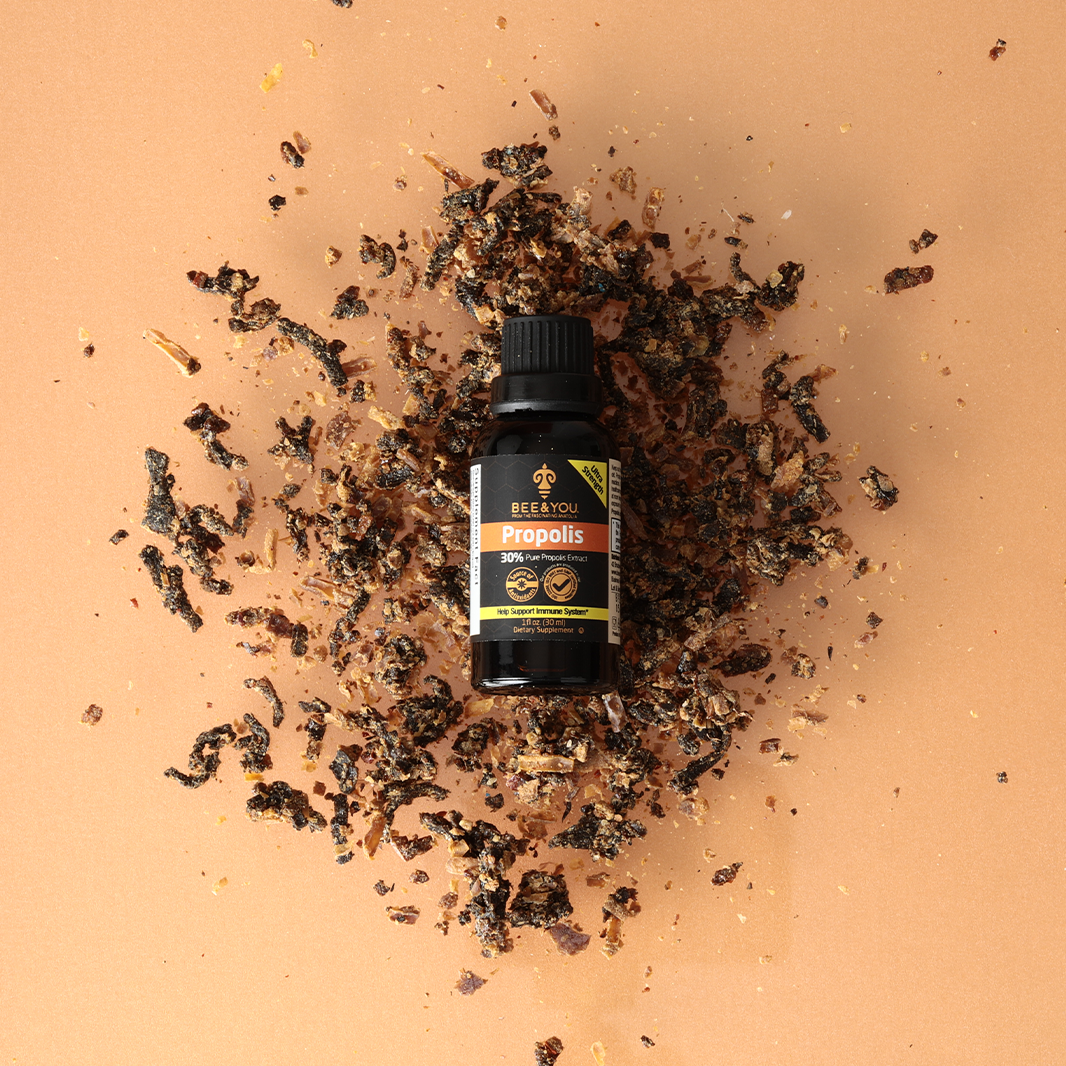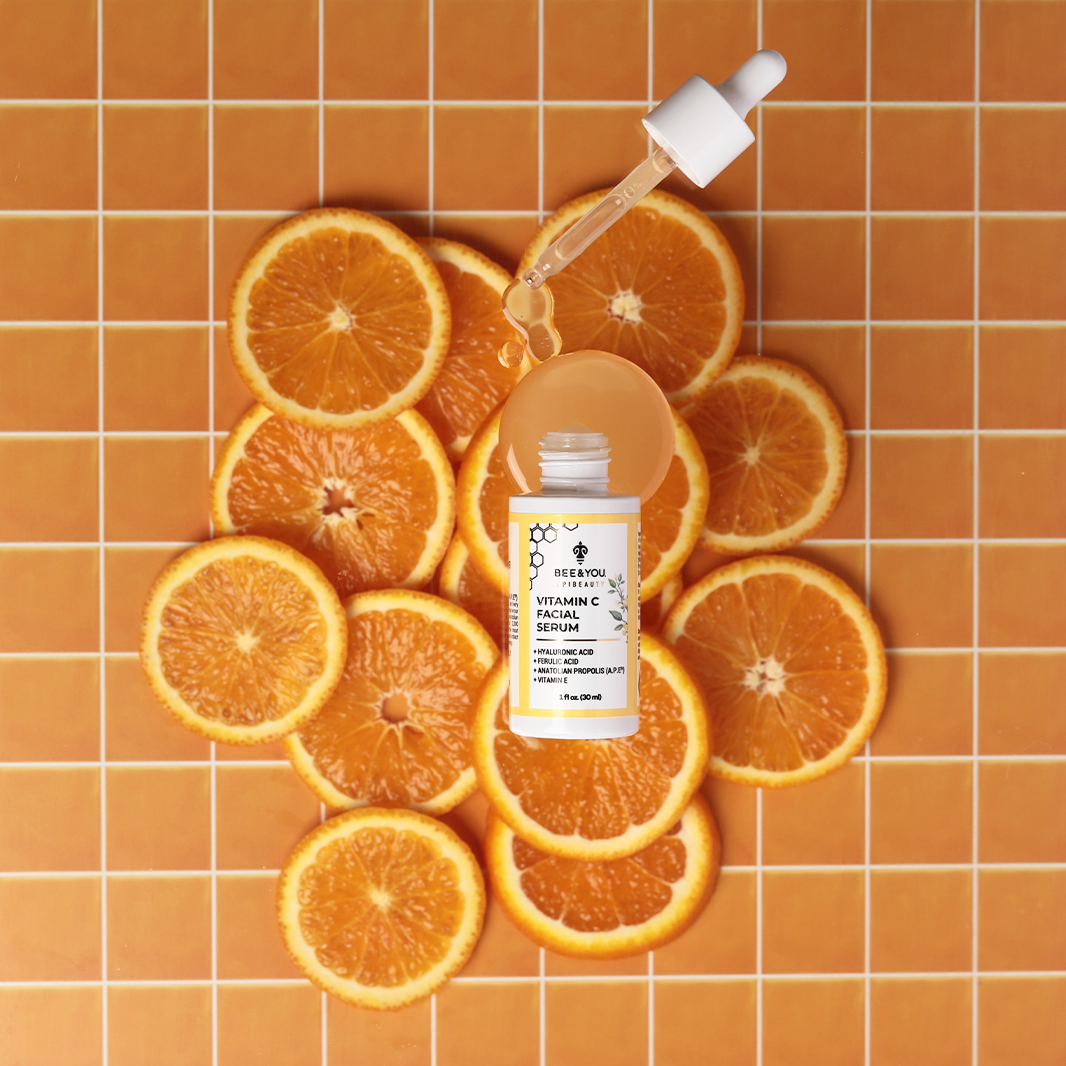Abstract and Figures
Propolis is a natural product collected by honey bees from various plant sources. We aimed to determine the possible effects of propolis on oxidative stress and hepatocyte apoptosis in experimental obstructive jaundice. Thirty rats were divided into three groups: group I, sham-operated; group II, ligation and division of the common bile duct (BDL); group III, BDL followed by oral supplementation of propolis in a daily dose of 100 mg/kg. Liver samples were examined under the light microscope and transmission electron microscope. Hepatocyte apoptosis was quantitated using the transferase-mediated uridine nick end labeling (TUNEL) assay. Plasma and liver malondialdehyde (MDA) levels and glutathione peroxidase (GSH-Px) activities were measured. The plasma and liver levels of MDA were significantly lower in the propolis group than in the BDL group (p < 0.05 and 0.014, respectively). Although liver GSH-Px activities were significantly higher in the propolis group than in the BDL group (p < 0.001), there was no significant difference between the plasma GSH-Px activities of these groups (p > 0.05). In the propolis group, the enlargement of hepatocytes, dilatation of canaliculi and the edema regressed. The regenerating and normal hepatocytes were demonstrated. In the TUNEL assay, propolis administration reduced hepatocyte apoptosis. Propolis showed a significant hepatoprotective effect in this experimental obstructive jaundice model.






